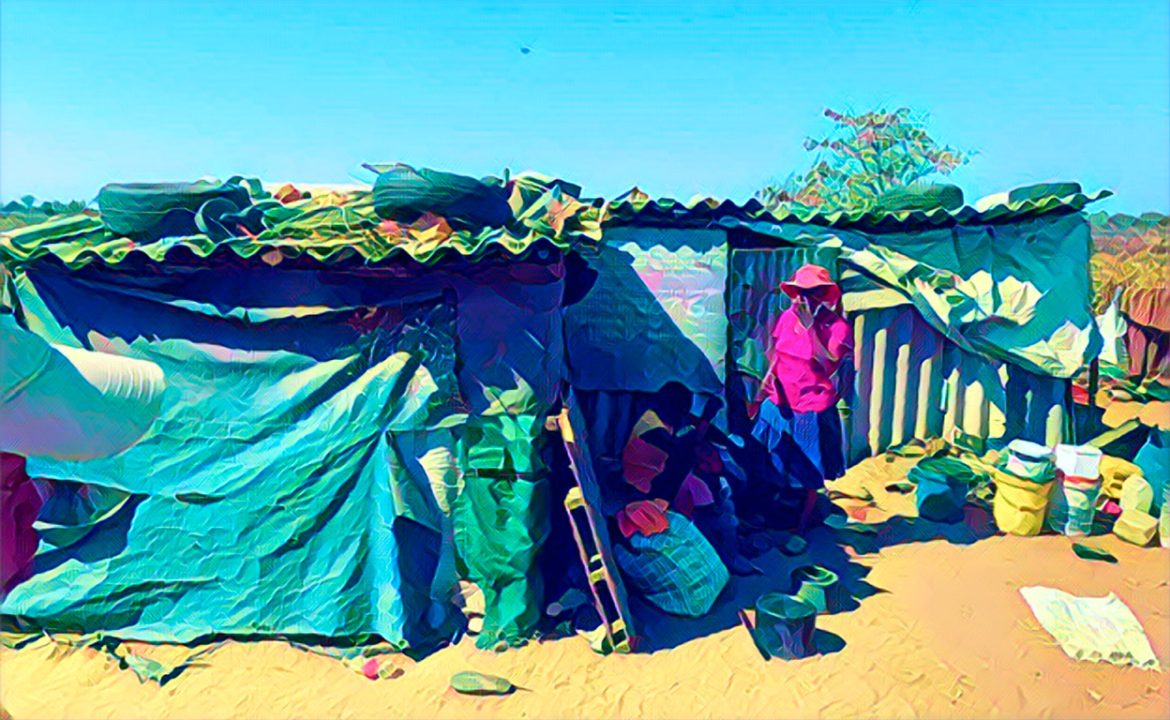KEY POINTS
- The Zimbabwe government commits to regularizing informal settlements.
- Thousands of residents to receive legal titles and essential services.
- 3,000 housing stands to be delivered as part of revived projects.
The Zimbabwean government has announced plans to regularize informal settlements across the country, granting residents legal titles and access to essential services such as water and electricity. This aims to address the long-standing issue of informal settlements, where residents often pay for services that are either delayed or never provided.
Shingirayi Mushamba, chief director of spatial planning and development at the Ministry of Local Government and Public Works, spoke during the Urban Development Corporation (Udcorp) annual general meeting in Harare.
He confirmed that the government is currently developing a policy framework to regularize illegal settlements and eliminate the influence of land barons.
Addressing housing challenges
Mushamba explained that regularizing these settlements will require approval of layout plans, developed in partnership with local authorities and relevant government entities.
“Once a layout plan is in place, it provides a roadmap for roads and other essential services. We will then assess the structures that exist on the ground, ensuring they fit into these pre-approved plans,” Mushamba noted.
He added that certain structures, built on land reserved for other uses, may have to be relocated. However, the majority of the settlements will be regularized where they currently stand. The process is expected to improve the living conditions of thousands of Zimbabweans, providing them with security of tenure and access to basic services they have long lacked.
“We aim to partner with FANGU, an entity responsible for bringing in services, to make sure this process leads to the issuance of titles while maintaining the conditions of urban settlement,” Mushamba emphasized.
Building a better housing framework
National Housing and Social Amenities Deputy Minister, Musa Ncube, echoed Mushamba’s statements and expressed optimism about Udcorp’s ability to lead the charge in housing development.
Ncube pointed out that Udcorp is expected to spearhead private sector investment into housing and related infrastructure, which will help accelerate housing delivery across Zimbabwe.
As reported by Newsday Zimbabwe, Ncube also revealed that the government’s long-delayed housing project, which has been inactive since 2019, is now being revived. The project aims to deliver approximately 3,000 stands to address the country’s housing deficit.
“We are working on resolving Udcorp’s resource constraints, and we are actively supporting its recapitalization to ensure it can meet its mandate,” Ncube said.
The housing project, once completed, is expected to contribute significantly to closing the gap in Zimbabwe’s housing shortage. By regularizing settlements and driving private sector investment, the government seeks to build a more secure housing framework for the future.


